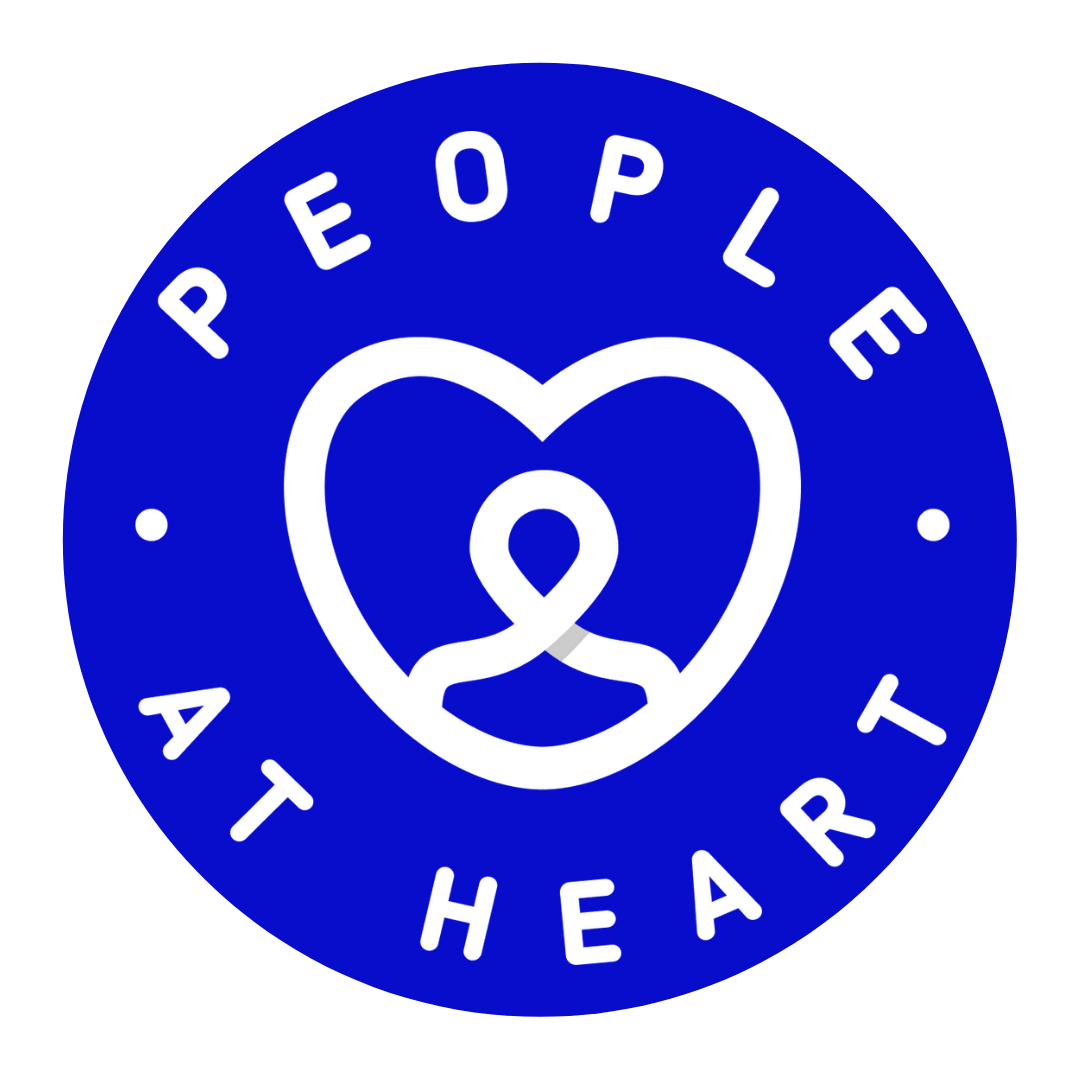Explore your strengths
An exercise to understand what energises and drains you
I came across the concept of strengths more than 10 years ago thanks to my coach. It’s been out there for a long time and it is slowly becoming more popular, but it is not widely understood yet. I love using strengths in my coaching as I believe it gives my clients a new layer of self-knowledge and it helps them feel more positive and confident about themselves.
Let’s be positive
Let’s start with a bit of background: the concept of strengths comes from Positive Psychology, the most recent field of psychology having only been introduced in 1998. It focuses on happiness, well-being, positive emotions and meaning in life. With a scientific approach, it studies the factors that enable people to flourish.
Rather than focusing on 'what's wrong with people?’, such as in other fields of psychology, it asks the questions 'what is right with you?' and ‘how can you be even happier?’
Positive Psychology starts from the belief that people can lead meaningful and fulfilling lives, cultivate what is best in them and enhance their experiences of work, love and play. With the aim to understand what makes people thrive, it covers a wide range of topics such as the foundations of well-being, the state of Flow, mindfulness, learned optimism and strengths (there are a lot more topics in the field!).
Strengths - what are they?
There are many definitions out there, but my favourite is the one by StrengthsProfile:
A strength is something that you're good at, that you do often and that you enjoy doing.
When you use your strengths, you are energised and motivated. It's not just something that you can do, it's something that you love doing. That’s why I also call them ‘energisers’.
Knowing and using your strengths has many benefits: it increases your self-belief, it builds higher levels of happiness and you have more positive energy. When organisations enable their employees to work to their strengths, higher levels of employee engagement and performance have been measured.
Strengths are different from skills. Skills are things that you’ve learned to do and you might be good at them, but you might not enjoy using them.
On the other end of the scale, you’ll find your drainers: activities that drain your energy and that you tend to procrastinate.
Let’s explore your energisers and drainers!
If I asked you what your strengths are, you might find it difficult to answer on the spot. Apart from the interview room, it’s not a question we’re used to answering. So here’s a powerful exercise for you to do to explore your strengths and find out what energises and drains you.
#1
Start by answering these two questions to put you in that energising mindset:
What activities give you an energetic buzz when you’re doing them - to the point that you may lose all sense of time?
When do you feel most like the ‘real you’?
#2
Go through an extensive list of strengths - designed by StrengthsProfile - to highlight your energisers and drainers.
#3
Pick the most important ones so that you can analyse them a bit further. By using the wheels, you can assess at which level each energiser and drainer is, and decide to which level you want to dial them up or down.
#4
Finally create an action plan so that you can use your energisers more and reduce your drainers, both in your work and life.
Dive deeper
If you want to go further in your exploration of your strengths, you can take the StrengthsProfile test, which will pick your top strengths and weaknesses out of a bank of 60 strengths.
You could also arrange a 90-minute strengths profiling session. During this session, we’ll debrief your report together and discuss ways of dialing up your strengths and reducing your drainers.





